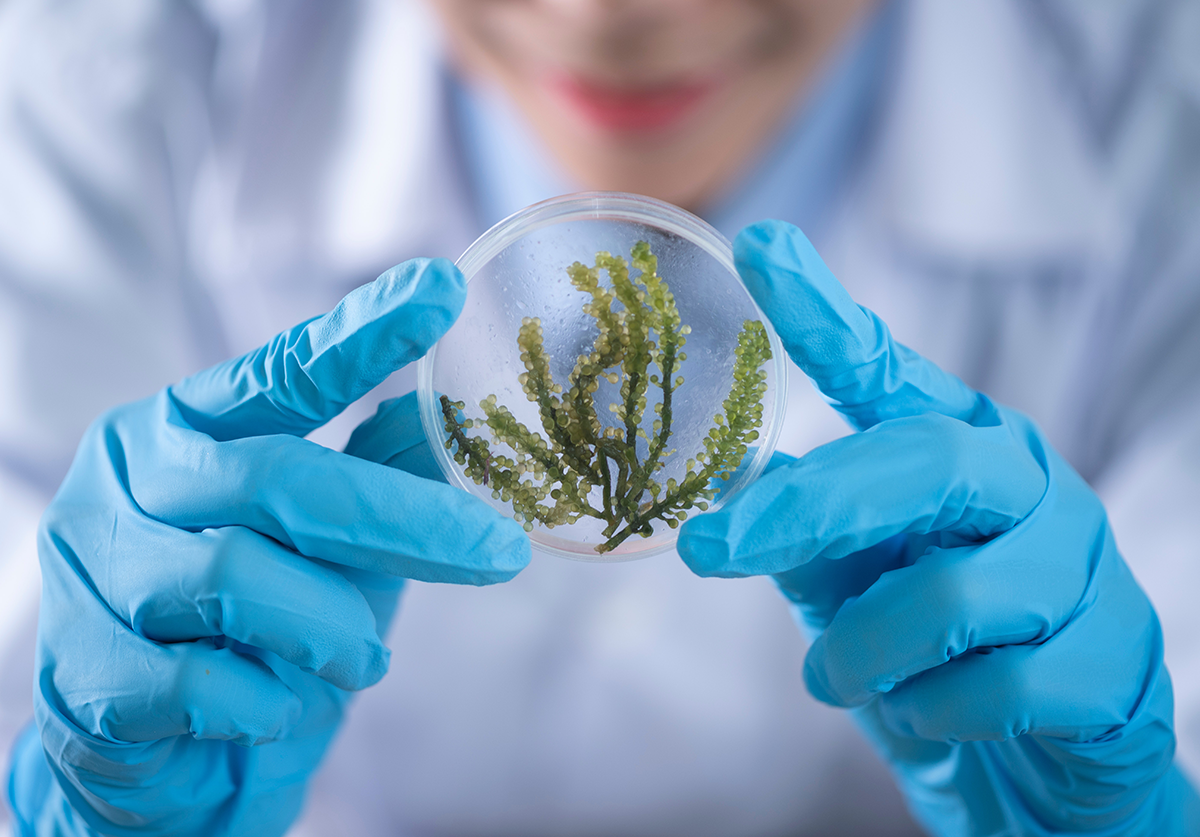| COURSE |
CODE |
SHORT DESCRIPTION |
| Biology Laboratory |
BIO F110 |
Hands-on experience of learning basic biological principles.
|
| General Biology |
BIO F111 |
Living systems and their properties; biochemistry; biochemical pathways operative in organisms; introductory genetics, evolution and ecology; basic physiological processes. |
|
Biological Chemistry
|
BIO F211 |
Cellular and molecular level and focus upon bio-macromolecules, biosynthesis of macromolecules, energy yielding and requiring processes, genetic information etc.
|
|
Microbiology
|
BIO F212 |
Microbes and microbial cell; isolation, cultivation and characterization of microbes; host parasite relationship; methods of controlling microbes; clinical microbiology.
|
|
Cell Biology
|
BIO F213 |
Membrane; endomembrane system; nuclear organization and functions; ribosomes and protein synthesis; cytoskeleton; cell communication; cell cycle, cell growth and cancer.
|
|
Integrated Biology
|
BIO F214 |
Bridges as well as opens new vistas to a student taking up biology.
|
|
Biophysics
|
BIO F215 |
Molecules and their interaction forces; bio-energetics and physical techniques as applied to biological phenomena and related labs.
|
| Ecology & Environmental Science |
BIO F241 |
Biotic and abiotic components of environment; regional ecology; ecosystem; pollution; environmental biotechnology; Indian environmental movement. Associated with related labs.
|
|
Introduction to Bioinformatics
|
BIO F242 |
Sequence to structure to function; genomic & proteomics; biological databases and data mining; use and interpretation of bioinformatics tools.
|
| Genetics |
BIO F243 |
Facts and theories of heredity, their relation to the present state of biological theory in general; elements of population genetics; genetics and species concept.
|
| Instrumental Methods of Analysis |
BIO F244 |
Principles, configuration, applications of instruments like mass spectrophotometer, atomic spectrophotometer, gas chromatography, ultracentrifuge, SDS-PAGE, ELISA etc.
|
|
Recombinant DNA Technology
|
BIO F311 |
Theoretical aspects and lab exposure to selected experiments of recombinant DNA manipulation. DNA sequencing, in-vitro mutagenesis, cloning in prokaryotic and eukaryotic systems.
|
|
Plant Physiology
|
BIO F312 |
Basic functional processes; plant-water relations, stomatal regulations, mineral nutrition and absorption, transport of material, growth and development, defense mechanisms, stress physiology.
|
|
Animal Physiology
|
BIO F313 |
Tissues and organ systems in animals, emphasis on mammalian systems and integration of systems at the level of the whole organism.
|
|
Developmental Biology
|
BIO F341 |
Major model organisms; morphogenesis; organogenesis; nervous system; germ cells and sex; cell differentiation and stem cells; growth, ageing and regeneration.
|
|
Immunology
|
BIO F342 |
Cell mediated and humoral immunity, infectious diseases, immune mechanisms involved in cancer, immunodeficiency and autoimmunity; vaccination and transplantation immunology.
|
| Elective Courses |
|
|
|
Laboratory
|
BIO F411 |
This laboratory course is designed only for M.Sc.(Hons) Biological Sciences students and aims to expose the students to and build competence in selected techniques of modern biology.
|
|
Biomolecular Modelling
|
BIO F417 |
Theoretical concepts and demonstrative examples towards grasping key ideas for applications in the 3D modeling of biomolecules.
|
|
Genetic Engineering Techniques
|
BIO F418 |
Experiments on the common molecular biology techniques used in gene manipulation in bacteria and plants; gene and protein expression analysis; DNA sequencing; plant cell culture techniques.
|
|
Enzymology
|
BIO F421 |
Enzyme nomenclature and classification; isolation and purification; structures; kinetics; regulation of enzymatic reactions; evaluation of enzymes and other proteins.
|
| Cell and Tissue Culture Technology |
BIO F352 |
Immune system, cell mediated and humoral immunity, infectious diseases, immune mechanisms involved in cancer, immunodeficiency and autoimmunity. Vaccination and transplantation immunology. |
| Bioethics and Biosafety |
BITS
F467
|
To work in a proper ethical lab environment, an individual needs to be aware of the rules and regulations governing the handling of organisms and recombinants. The production, storage and transfer of material, as well as the disposal are the hallmarks of this course. |
| Molecular Biology of Cell |
BIO F413 |
Eukaryotic cell cycle; genetic regulation of cell cycle and differential gene expression during developmental process. |
| Reproductive Physiology |
BIO F431 |
Study of sexual cycles; biochemistry of fertilisation; control of ovarian functions; gonadotropins; pheromones and mammalian reproduction. |
| Biostatistics and Biomodeling |
BIO G532 |
Methods of collection and presentation of statistical data; biomodeling especially in concurrent pharmaceutical research, and cell and structural biology. |
| Human Genetics |
BIO G612 |
Organization of the human genome and chromosomes; molecular-genetic methods of analysis; genetic testing of individuals; genetic approaches to treating disease; pharmacogenetics and personalized medicine. |
| Stem Cell and Regenerative Biology |
BIO G515
|
Stem cells and cellular pedigrees; stem cell niche; molecular bases of pluripotency; different type of animal and plant stem cells; skin and hair follicles; ethics and therapeutics. |
|
Molecular Immunology
|
BIO G514
|
Molecular basis of T and B cell antigen recognition and activation; immunity to microbes; autoimmune diseases and immune tolerance. functional anatomy and regulation of immune responses; self tolerance and autoimmunity, antibody engineering; molecular manipulation of the immune response.
|
| Molecular evolution |
BIO F419 |
Highlights the various aspects of evolution, species diversified and got adapted to various changing environmental conditions and evolved new behavioural strategies to survive. ALso focuses on the molecular mechanism involved in the process of speciation. |















